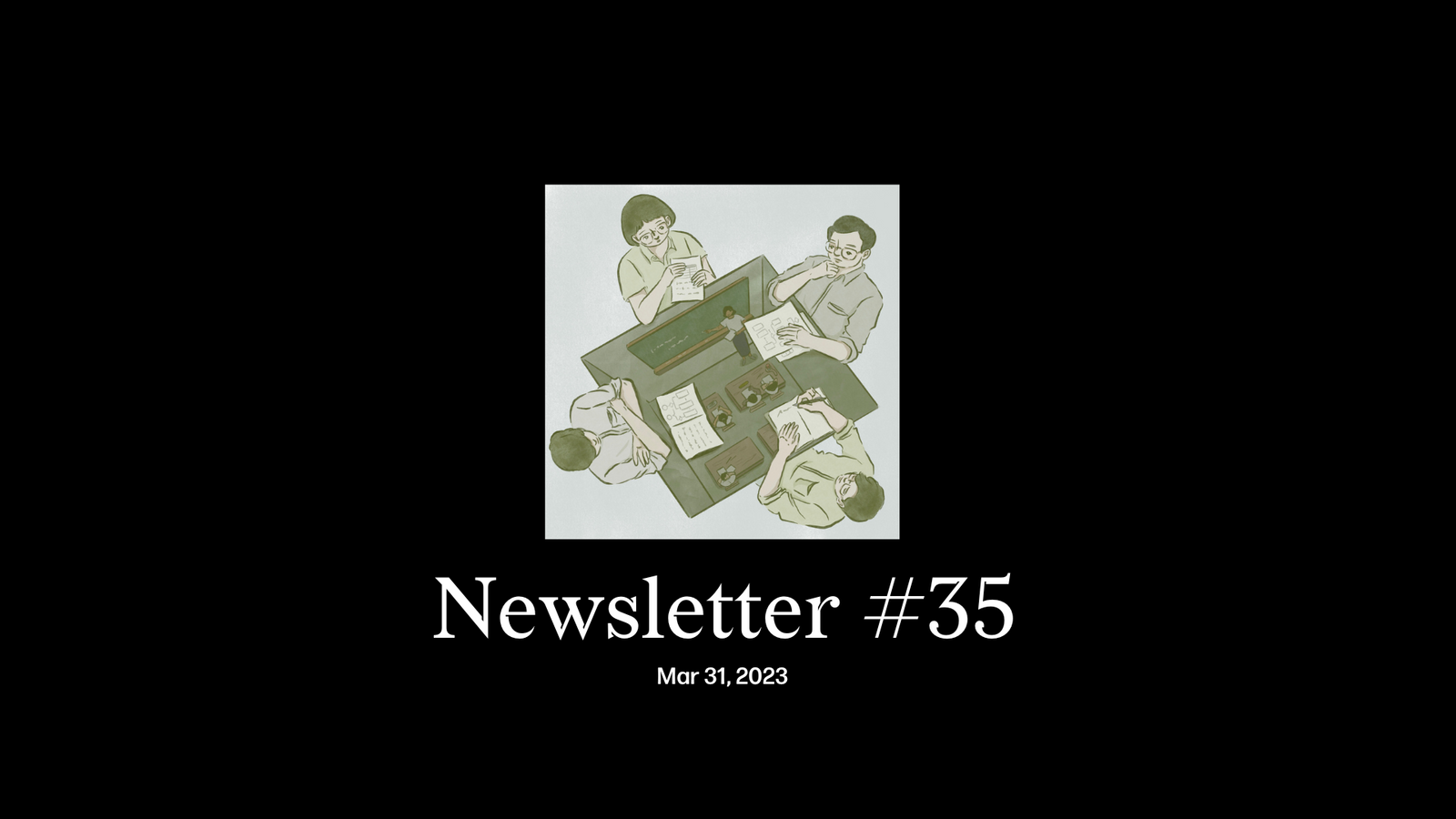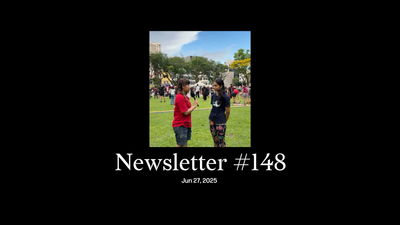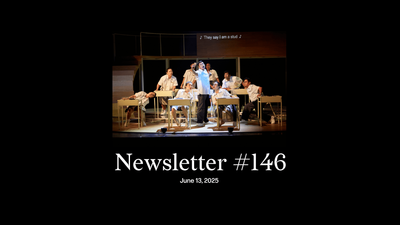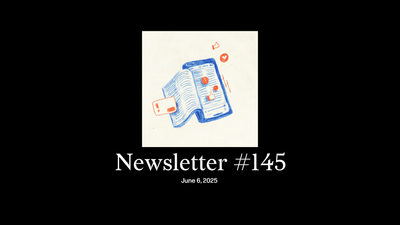Dear reader,
It’s Jean here, Jom’s head of research (or “resident Gen Z”, as Sudhir likes to call me sometimes).
Thank you to everyone who completed the reader survey! This is the first time we’ve heard directly from you, our readers. I have to admit it’s been quite fun looking through the responses. Because we’re an online magazine, hitting the “publish” button often feels like sending words out into the void; we never really know how it’s received. So if you’ve left a kind comment or constructive critique, thank you! The Jom team deeply appreciates it.
If you haven’t had the chance to do the survey, don’t fret. The form will remain open for a bit, and we still have tote bags for respondents #300, #400 and #500 up for grabs.
This week, I’ve written an essay about the genesis of streaming and its consequences in Singapore’s education system. For those who are unfamiliar, streaming is the process of sorting the student population based on their academic performance, sometimes as young as the age of nine.
Streaming in Singapore has its roots in the “Report on the Ministry of Education 1978”, led by then deputy prime minister Goh Keng Swee. Goh and his team of engineers, the “Daring Dozen”, introduced streaming as a pragmatic way of elevating the population’s education levels while tackling the issue of high dropout rates.
But in the 40 years since it’s been introduced, streaming has mutated into something of a beast—the prioritisation of exam-taking techniques over nurturing intellectual curiosity, the creation of a learning environment that’s intolerant of mistakes and the exacerbation of socio-economic inequalities…these are just some of its unintended consequences.
I hadn’t realised the extent to which streaming shaped my relationship with learning until a rude awakening a couple years ago, during my semester abroad at the University of Amsterdam. We had just gotten our mid-term grades, and I instinctively asked my professor what the median score was. He stared blankly at me and asked, “why do you care?”
Bless the Dutch and their honesty. Back home, the mean, median and mode scores of assignments weren’t only readily available but thoroughly discussed. I was so used to being graded based on relative merit I had forgotten it was possible to measure progress against no one but yourself.
Since graduating, I’ve been actively trying to reshape this relationship with learning: from one burdened with competition and a fear of making mistakes, to one that overflows with love and generosity; to appreciate learning in and of itself, for no other reason except self-growth and self-actualisation.
And this applies to the work I do at Jom too! I’d be lying if I said I’m totally comfortable with journalism, especially writing. But I lean on the support and guidance of my Jomrades, and practise reflecting their patience and grace back to myself.
And with that, I leave you with the words of Hélène Cixous from her manifesto The Laugh of the Medusa, a text that never fails to shake me out of fear and into action:
“Woman must write her self: must write about women and bring women into writing…And why don’t you write? Write! Writing is for you, you are for you; your body is yours, take it…Write, let no one hold you back, let nothing stop you: not man; not the imbecilic capitalist machinery, in which publishing houses are the crafty, obsequious relayers of imperatives handed down by an economy that works against us and off our backs; and not yourself.”
Jom tulis,
Jean Hew
Head of research, Jom
If you've enjoyed our newsletter, please scroll to the bottom of this page to sign up to receive them direct in your inbox.







